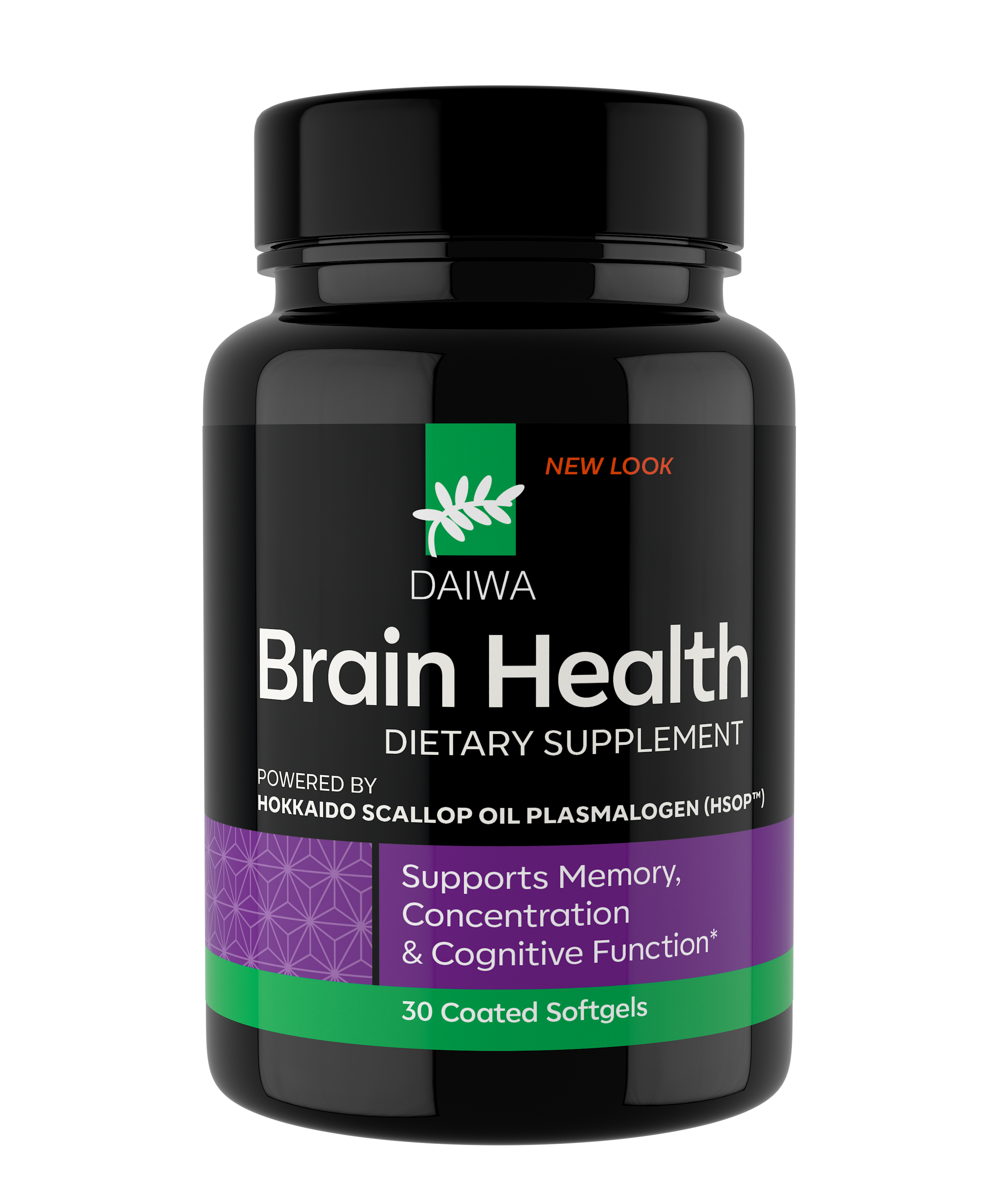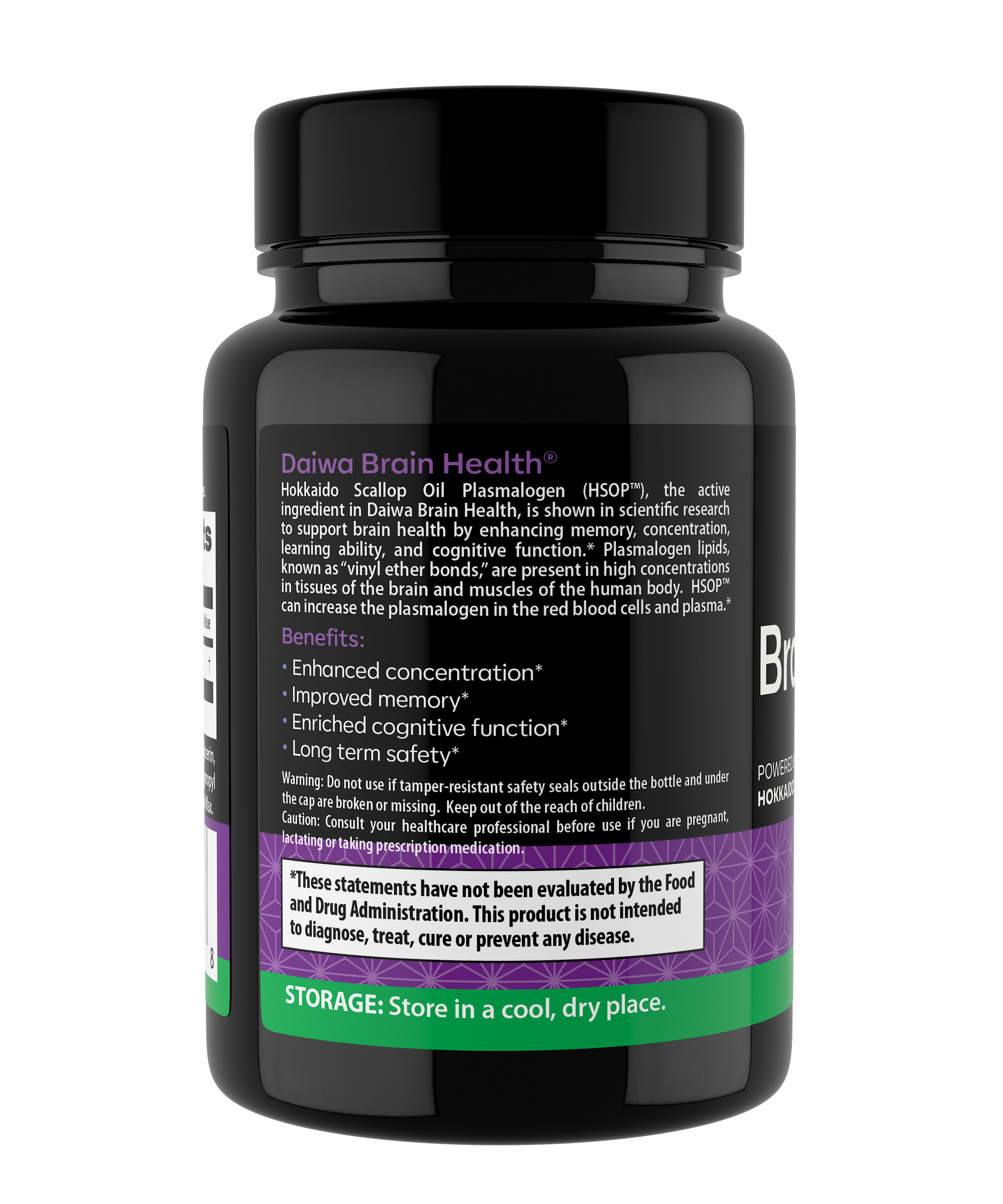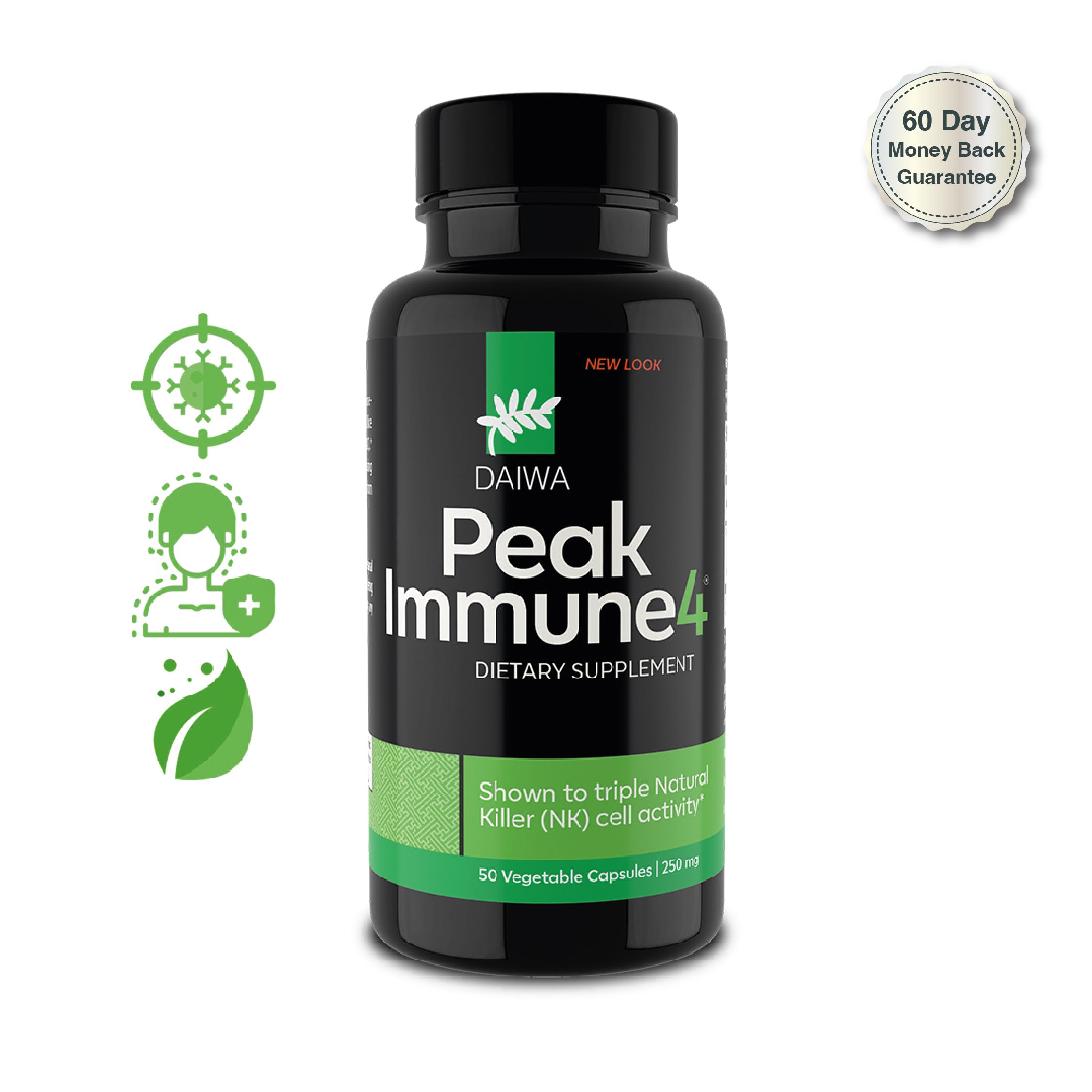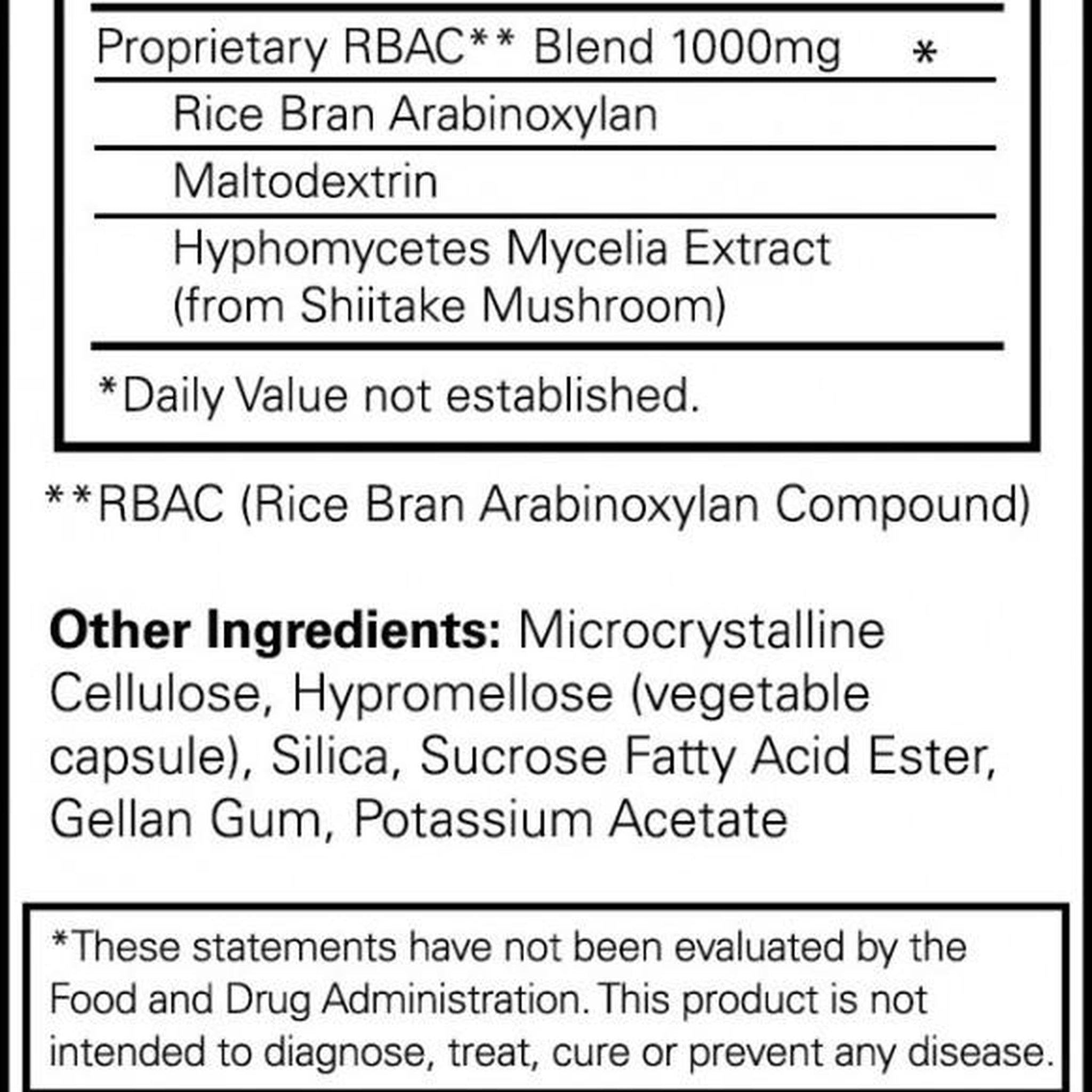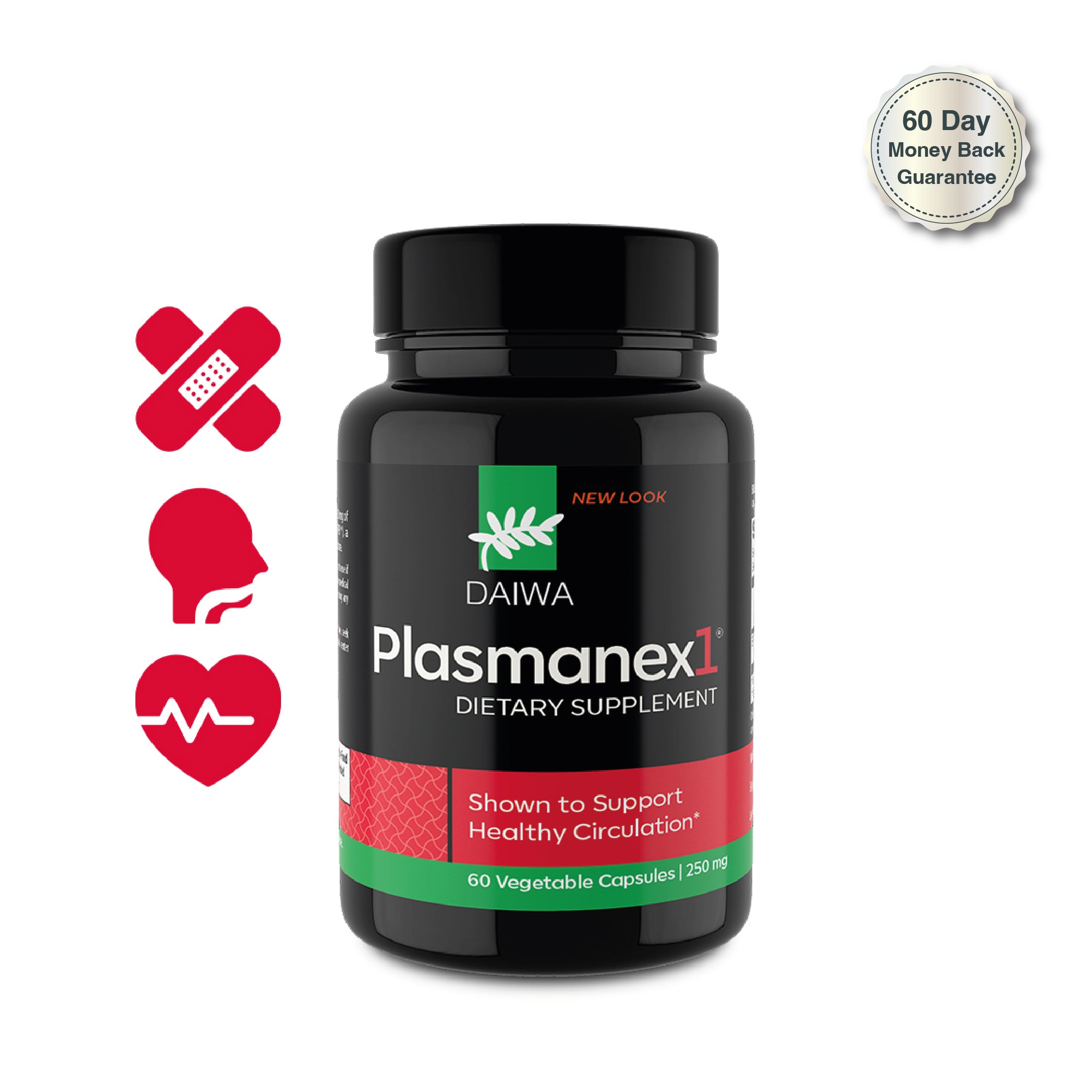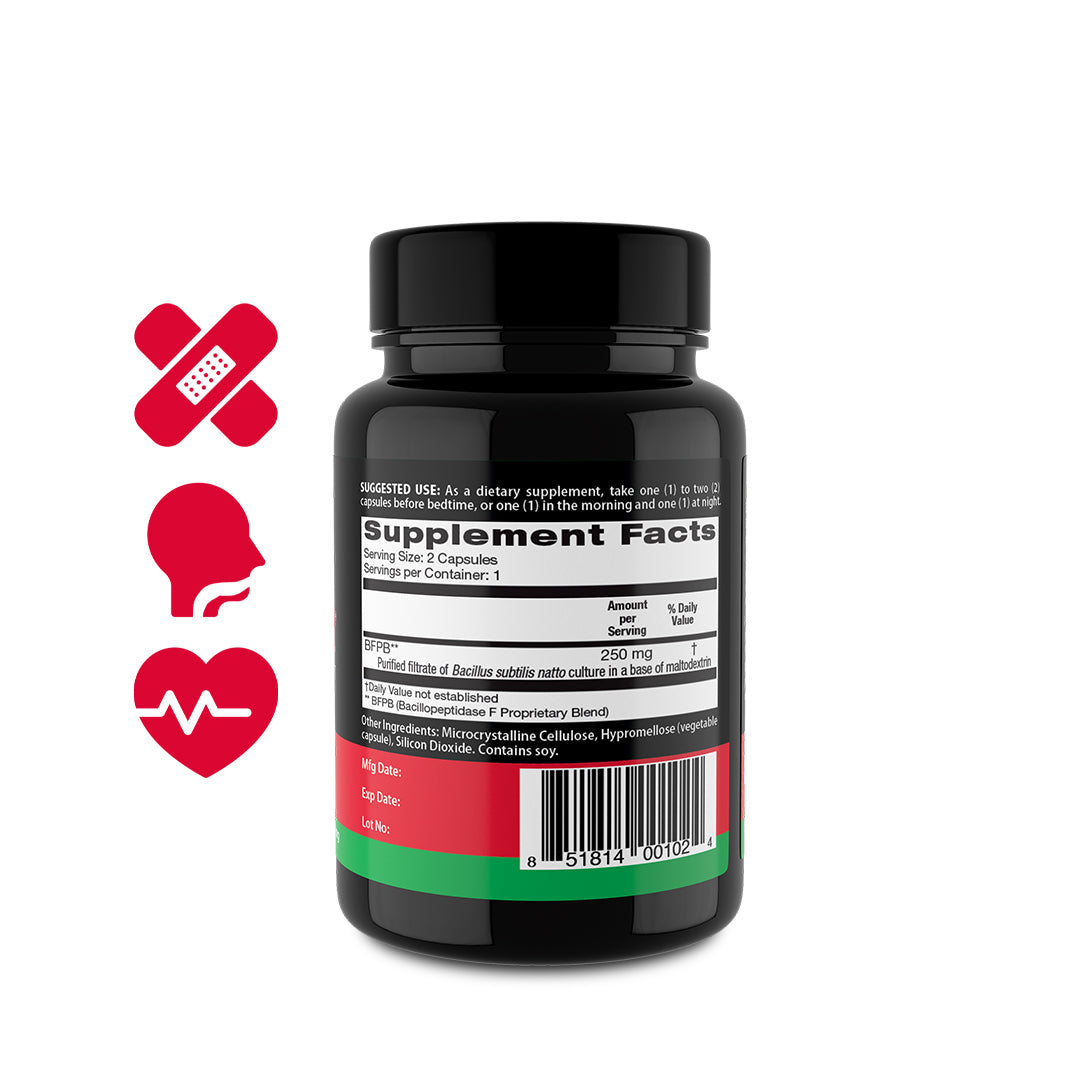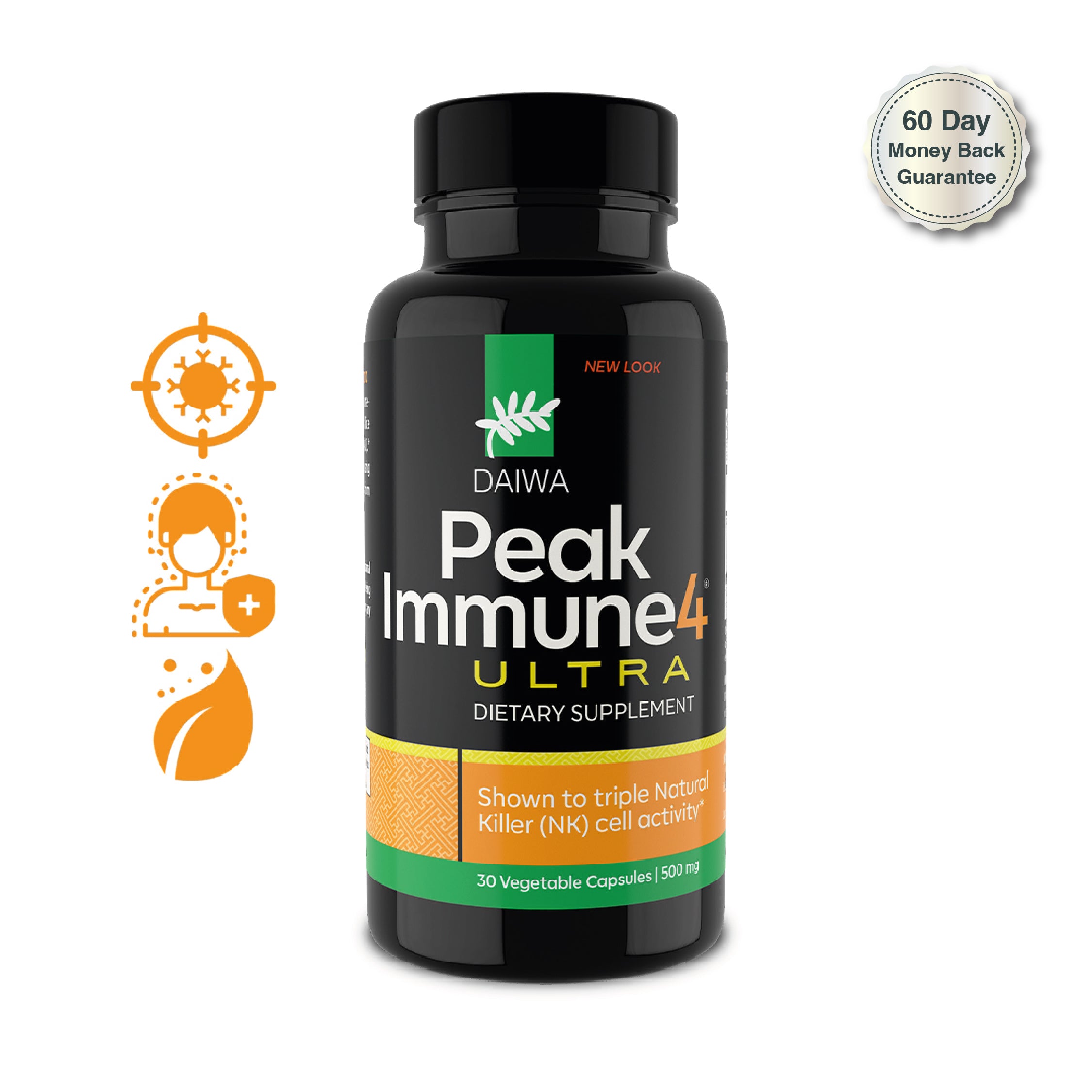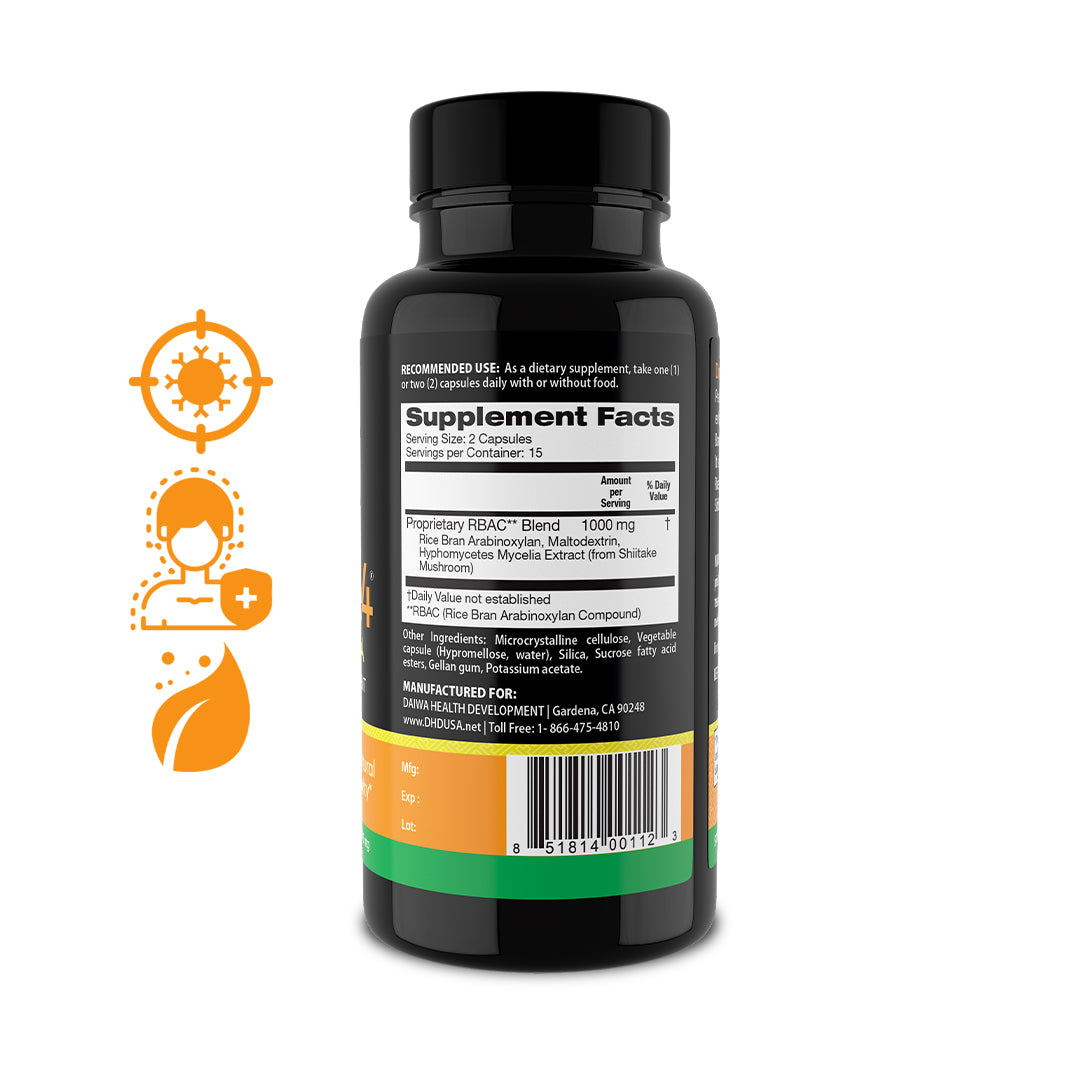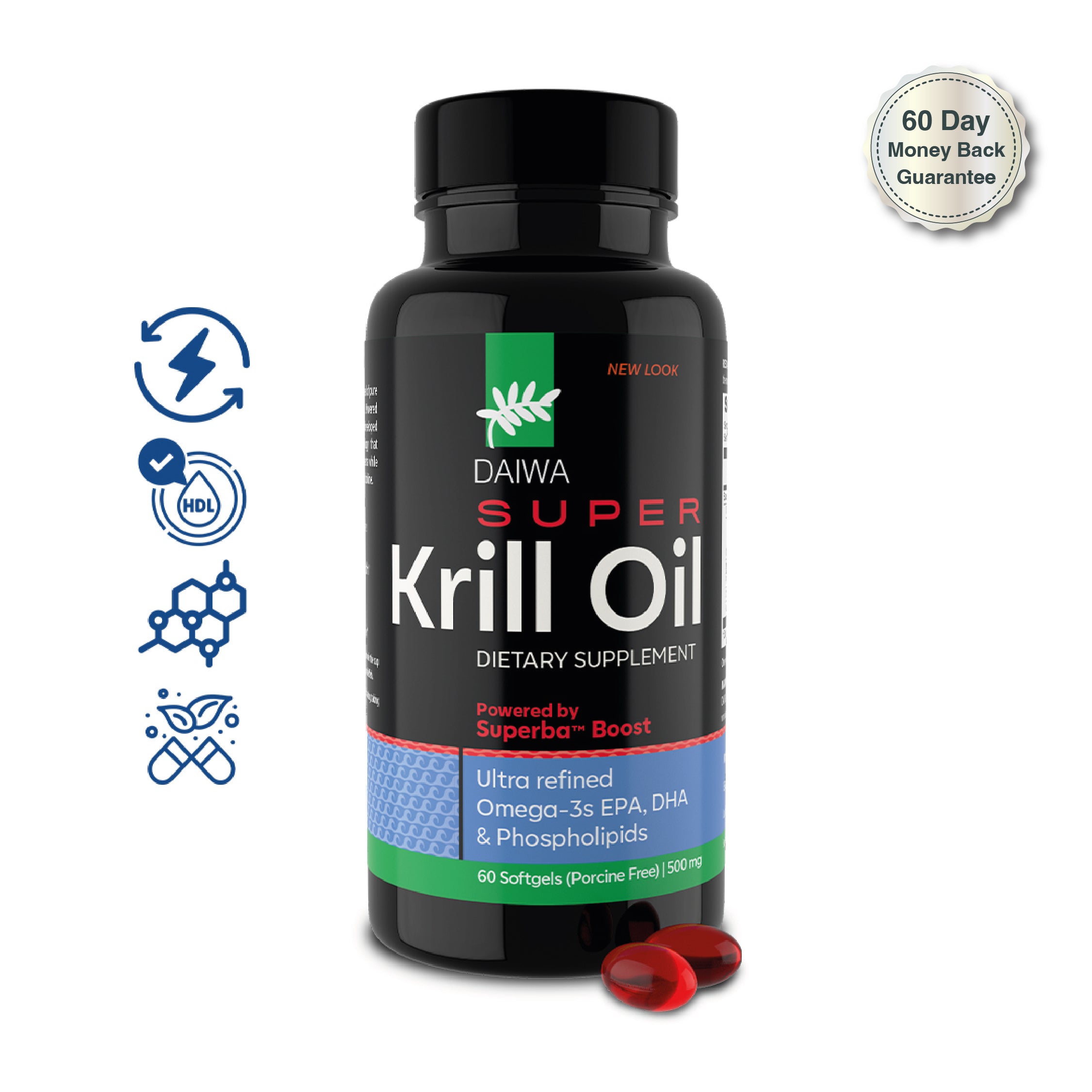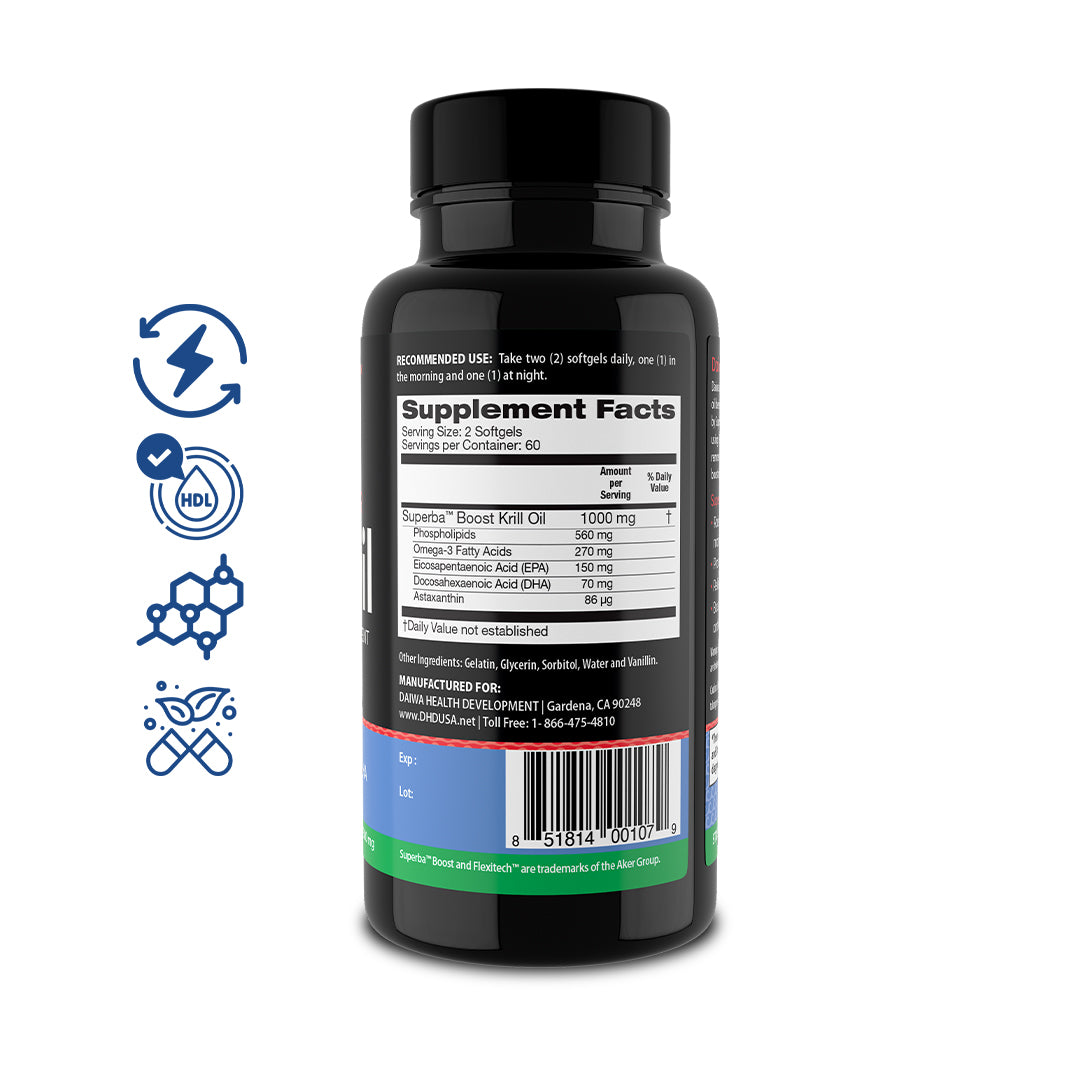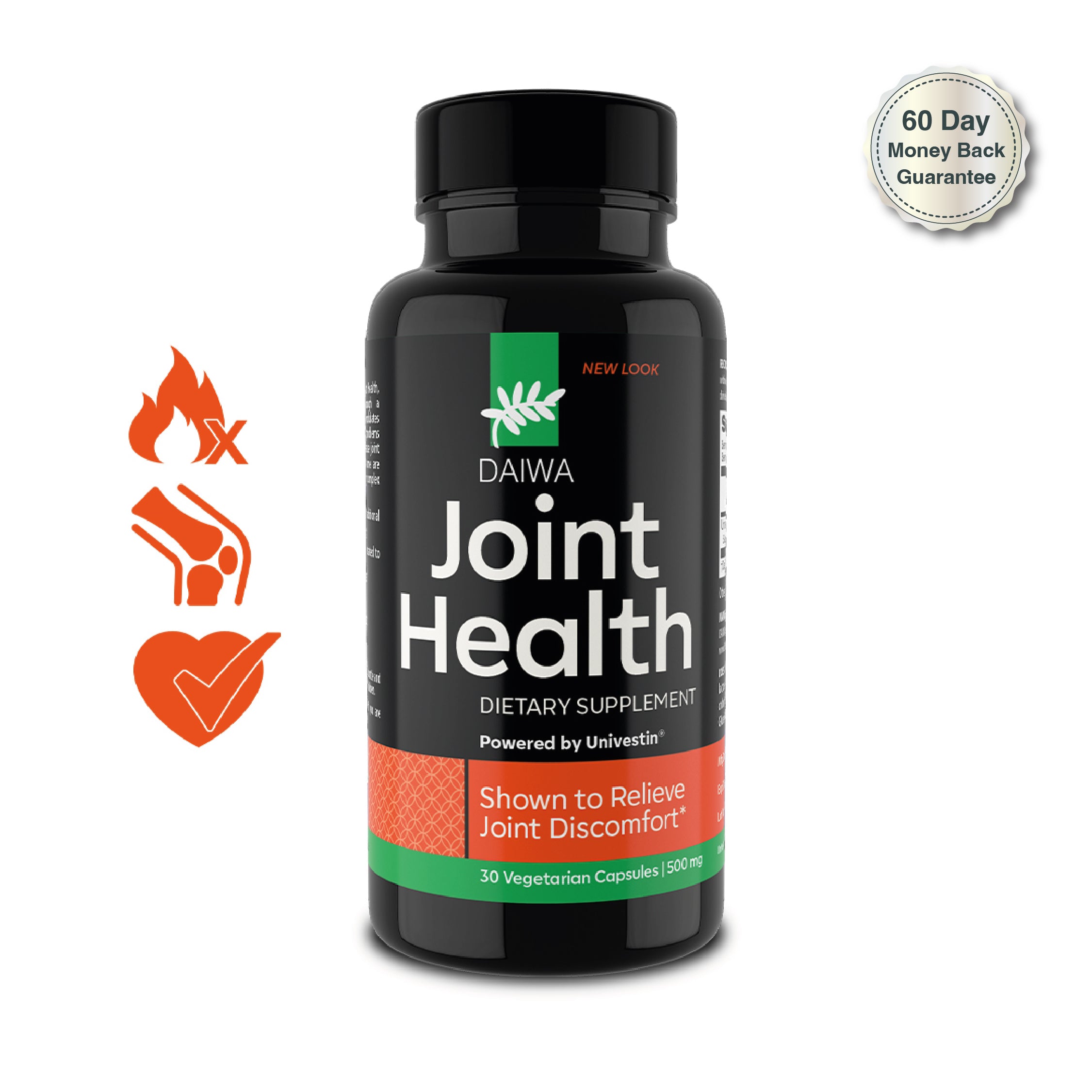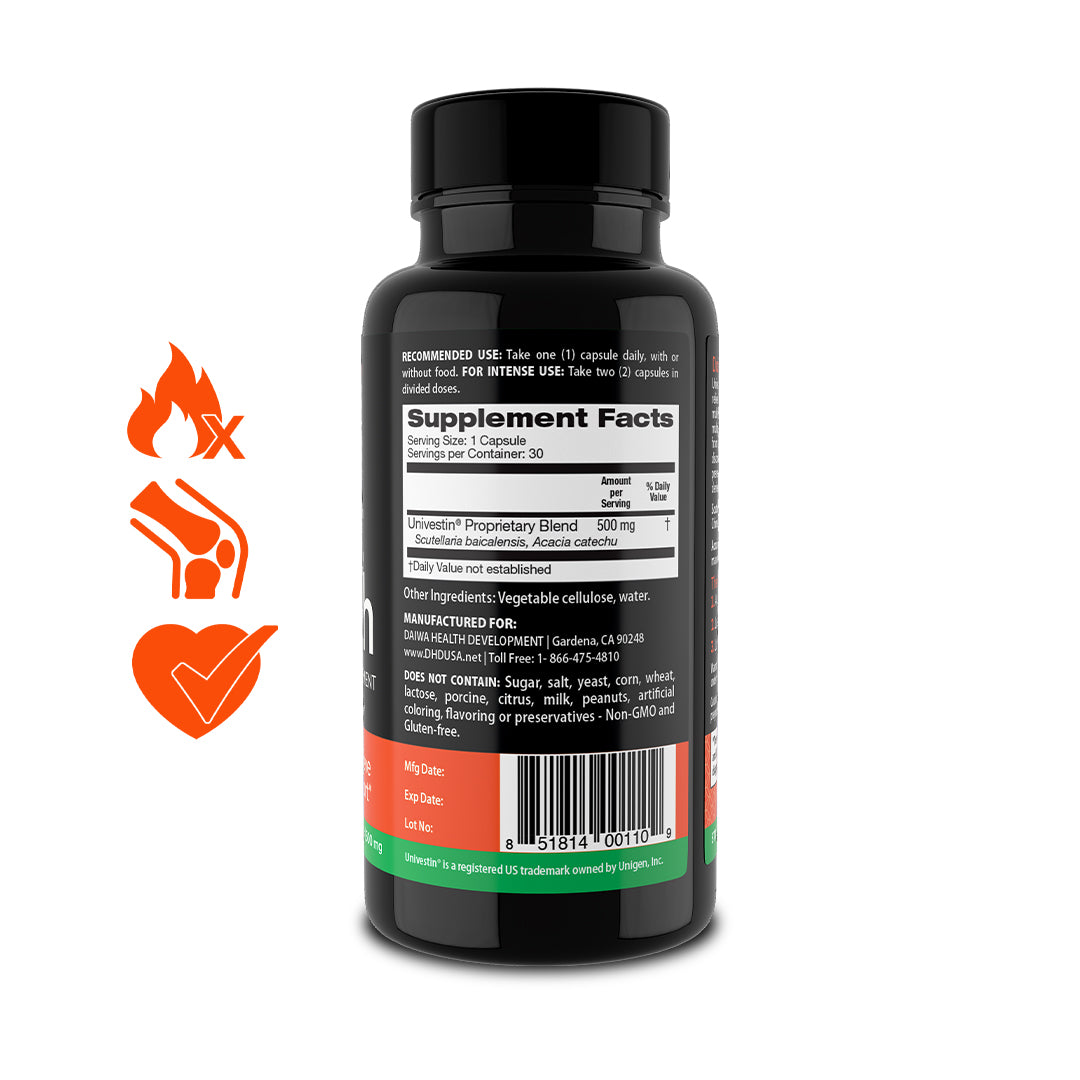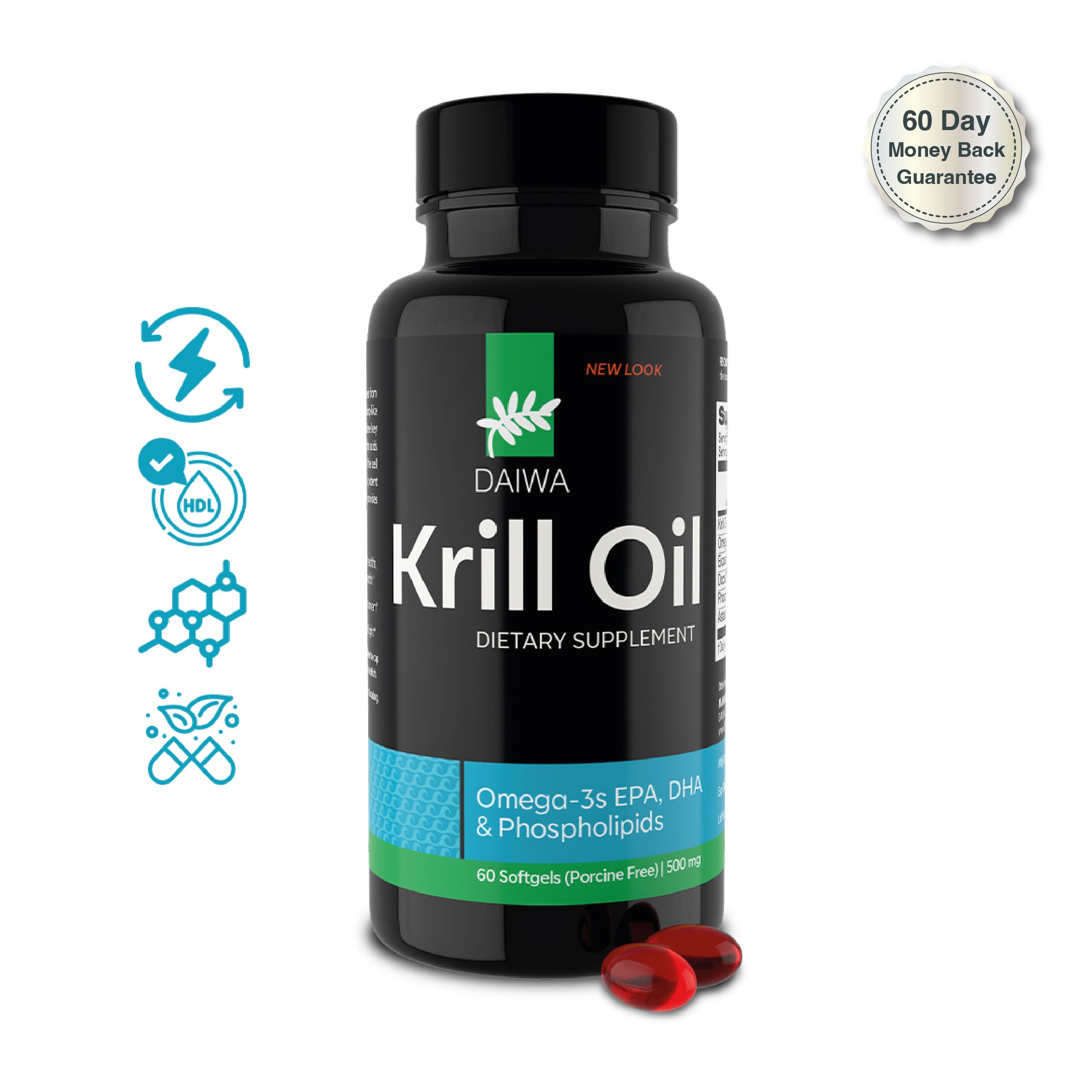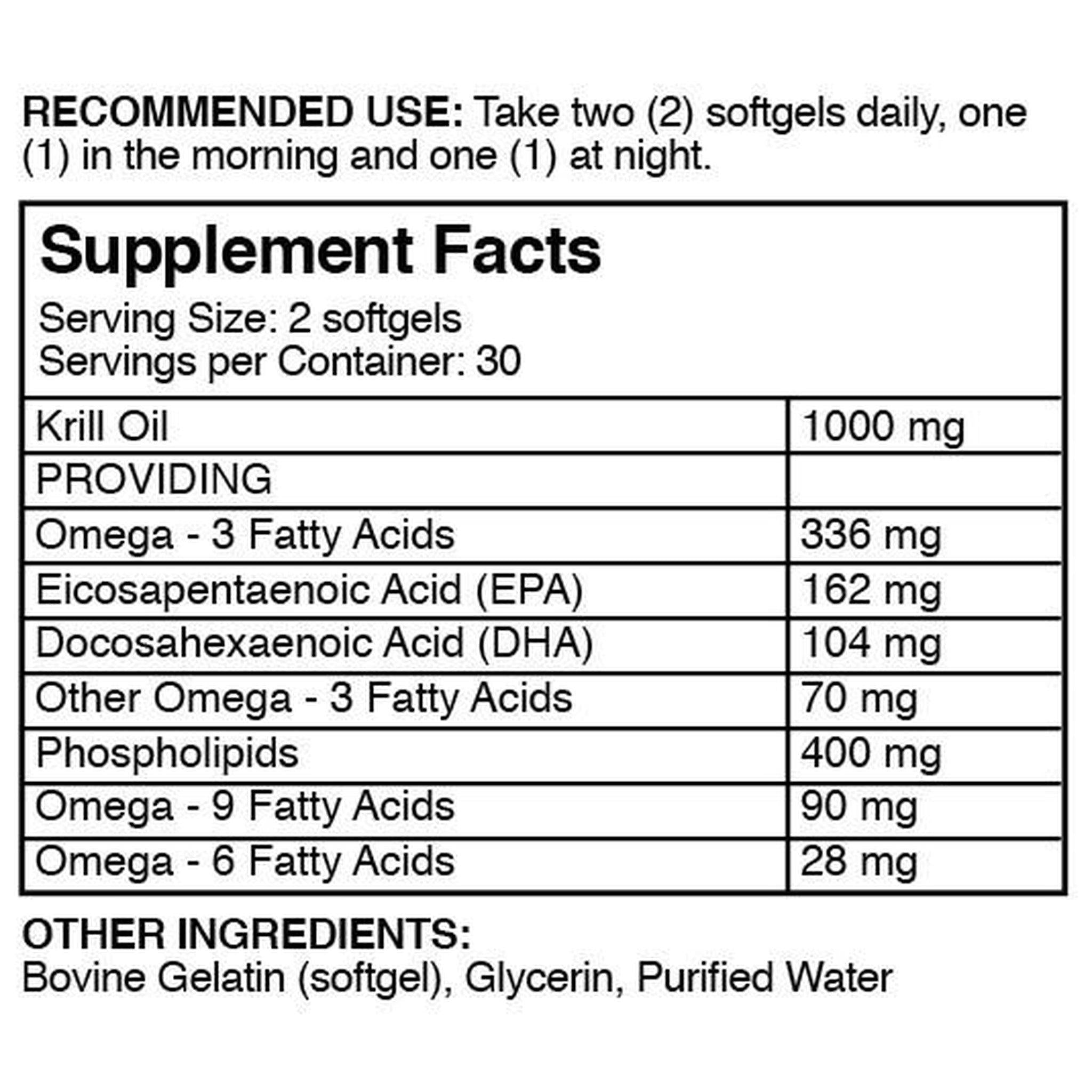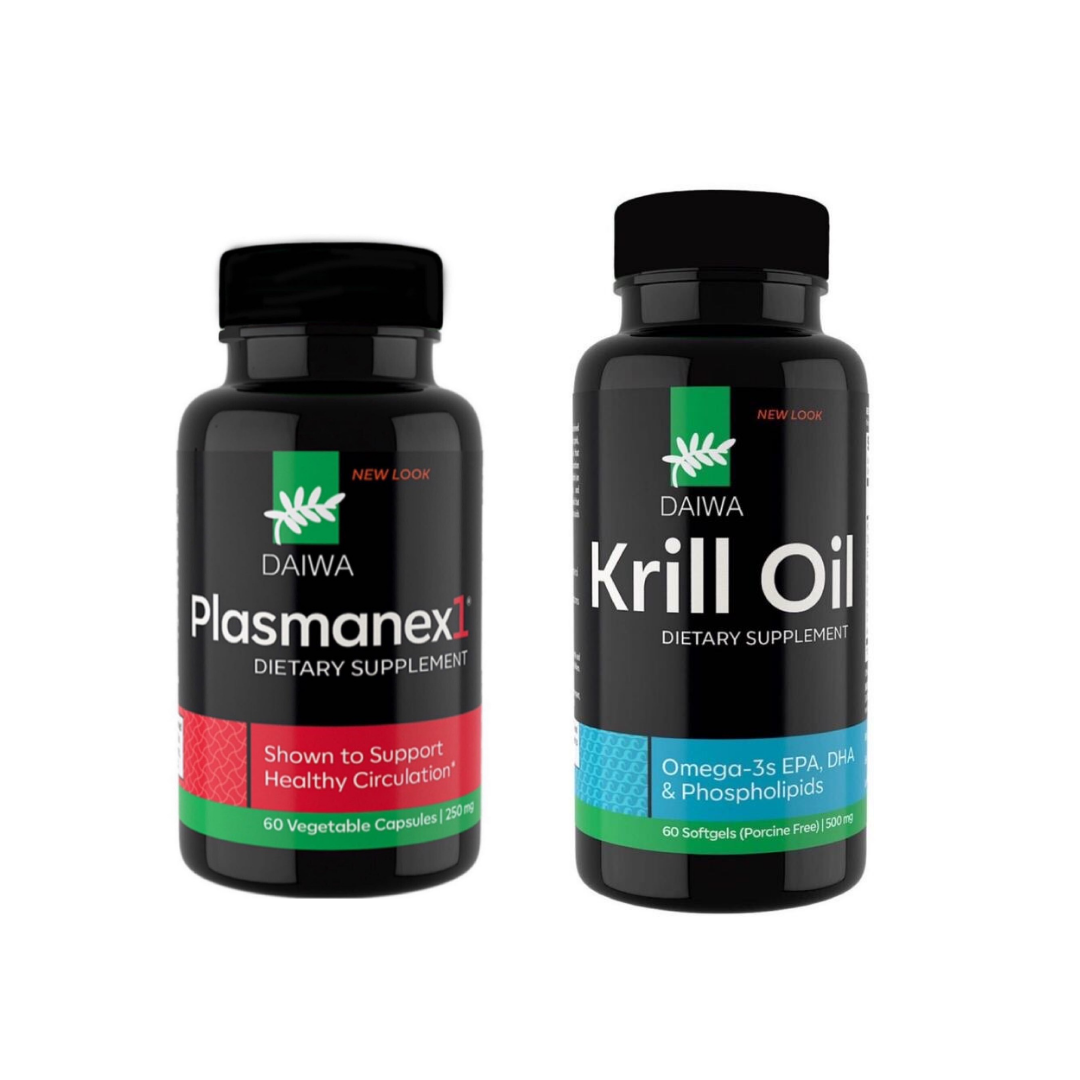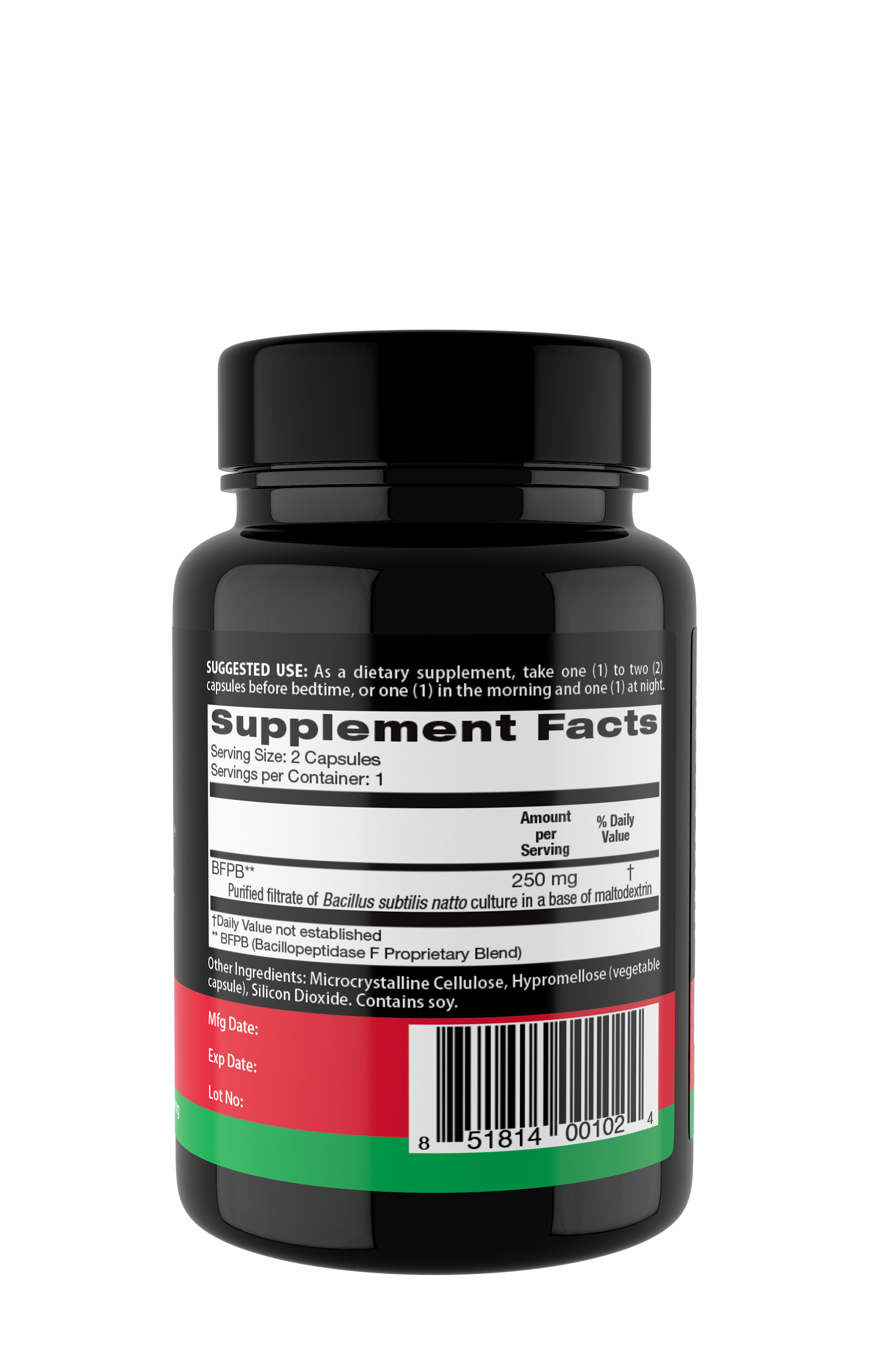
Win the Post COVID-19 Fight!

Article by: Kiran Iqbal, M.D.
Immunity – The Defense Mechanism of Our Body
The human body is a complex machine that has many specialized parts that perform their specific functions to keep us healthy and alive. An example of a specialized part would be the immune system – the system in charge of defense in our body. It protects us from pathogens (any organism causing disease) and even keeps a record so that they are readily identified and destroyed in case there is another attack in the future. (1)
A fully functional and healthy immune system has two parts – an innate system and an adaptive system. The innate system is the protection we inherit from our mothers, it is present at the time of birth, while the adaptive immune system is the one we develop over time, in response to either a pathogen or a vaccine.
Why Is a Healthy Immune System Important?
Both innate and adaptive systems function synergistically to maintain our health. They must be healthy and running in order to effectively protect us against the weakest of infections.
A better way to understand this would be to consider immunocompromised (those with low immunity) individuals, such as diabetics, those on cancer chemotherapy, having a transplanted organ, HIV and AIDS. In these individuals, even a minor pathogen, which a healthy individual will not even notice getting infected with, can cause significant damage and even lead to death. A healthy immune system is therefore the first line of defense against any illness, medicines play their role later on.
We have been fighting Covid-19 for over a year. If you or a loved one has recently recovered from COVID, you may be interested in knowing how to strengthen your immune system to be prepared to fight against flu and other respiratory illnesses, as the flu season is almost upon us.
1) Maintain a healthy diet
A generally healthy diet is a good aid for all your body systems; however, some foods can specifically help strengthen your immunity. A great example of such foods would be anything containing lots of vitamin C - this includes oranges, cantaloupe, kiwis, and broccolis. Vitamin C produces this effect by increasing the production of phagocytes and lymphocytes, which are cells that fight pathogens. (2)
Raw garlic has also been proven to improve immunity. Eating half a garlic clove every day can increase the disease-fighting response of white blood cells that specifically fight against viruses like the flu or even COVID-19. (3)
Another important class of immune boosters is antioxidants. (4) Antioxidants help prevent oxidative stress damage caused by the immune response towards pathogens during active and even chronic infections. Sources of antioxidants include berries, carrots, and spinach.
If you have dietary restrictions or find it troublesome to keep track of your diet, supplements may be a practical option for you to consider. Immune-boosting supplements are rich in immune-strengthening compounds and work as a single source for all important compounds.
In the absence of definitive treatment for viral illnesses like flu and COVID-19, a strong immune system is the best chance we have to protect us from developing severe symptoms.
2) Get a full night’s sleep
A good night’s sleep is often not given enough importance even though it is one of the basic body requirements and very crucial for healing and recovery. It is also very important for a healthy immune system and you should aim for a good 7 to 8 hours of sleep to improve your immune system’s functioning.
Another type of rest that is known to be good for your immunity is meditation. Researchers have found that even five minutes of quiet can be beneficial. These activities work because they reduce your overall stress and anxiety.
3) Exercise routinely
Exercising routinely is another habit you should adopt, not only to boost your immunity but to reap the many other benefits it holds. When you exercise, you should take advantage of your environment, try keeping your exercises outdoor, doing so will increase your exposure to the sun which produces vitamin D in the body. Exercising also promotes the reduction of inflammation and stress and increases blood flow which is good for fighting off infections.
4) Stay hydrated
It may not seem linked or be very significant, but hydration has a great influence on the immune system.(5) Water is a medium in your body, it helps carry substances from place to place, for example, oxygen. Oxygen is needed by all cells to function properly; this also includes immune cells. Water also aids in carrying away toxins that might be produced during an immune reaction. Hydration is especially emphasized for older individuals as with age, your sense of thirst tends to weaken. A daily intake of two liters is the general recommendation but this can be altered depending upon your physical activity.
5) Maintain good hygiene
One of the best habits you can adopt to take care of yourself during these times is to follow the No. 1 recommendation from the Centers for Disease Control and Prevention: Wash your hands multiple times a day and for at least 20 seconds each time. (6) Concentrate on lathering the front and back of your hands, in between fingers, both wrists, and under fingernails. Some activities you should wash your hands for include eating and cooking. You should also wash your hands after blowing your nose, using the bathroom, and after caring for someone who is sick. While this habit does not have a direct effect on your immunity it is still extremely useful in preventing infectious illnesses and keeping your immune system from being overworked.
6) Stop Smoking
COVID-19 is a disease that specifically attacks the respiratory system which consists of everything between your nose and the lining of your lungs.(7) All respiratory illnesses usually damage the cells in the lung’s air sacs which are responsible for gaseous exchange during respiration. Therefore, it can be inferred that people with an already damaged lining will be more vulnerable to COVID-19’s effects. Smoking is a well-known cause of lung damage. Cigarette and vape smoke lead to exposure to many chemical irritants that damage the airway by increasing mucus production, decreasing airflow, and damaging the epithelium lining of the lungs. As a result, chronic smokers usually suffer from diseases like chronic bronchitis and emphysema. These diseases not only increase your susceptibility to COVID-19 but also make it extremely difficult for you to recover once you catch it. Many of such patients end up needing ventilator support. Quitting smoking will not only help you in your fight against COVID-19 but also prevent you from many types of cancers.
Taking care of your health and being mindful of your habits is all you need to do to be prepared for this flu season. It is more challenging this time as we are fighting two respiratory illnesses at once – COVID-19 and flu, and superinfection can cause even more damage than either one of the two illnesses alone. It is especially important to take care of children and the elderly who may be more susceptible to a severe infection.
References:
(1) Balloux, Francois, and Lucy van Dorp. "Q&A: What are pathogens, and what have they done to and for us?." BMC biology 15, no. 1 (2017): 1-6.
(2) Huijskens, M. J., Walczak, M., Koller, N., Briedé, J. J., Senden‐Gijsbers, B. L., Schnijderberg, M. C., ... & Germeraad, W. T. (2014). Technical Advance: Ascorbic acid induces development of double‐positive T cells from human hematopoietic stem cells in the absence of stromal cells. Journal of leukocyte biology, 96(6), 1165-1175.
(3) Arreola, Rodrigo, Saray Quintero-Fabián, Rocío Ivette López-Roa, Enrique Octavio Flores-Gutiérrez, Juan Pablo Reyes-Grajeda, Lucrecia Carrera-Quintanar, and Daniel Ortuño-Sahagún. "Immunomodulation and anti-inflammatory effects of garlic compounds." Journal of immunology research 2015 (2015).
(4) Bendich, Adrianne. "Physiological role of antioxidants in the immune system." Journal of dairy science 76, no. 9 (1993): 2789-2794.
(5) Penkman, Michael A., Catherine J. Field, Christopher M. Sellar, Vicki J. Harber, and Gordon J. Bell. "Effect of hydration status on high-intensity rowing performance and immune function." International journal of sports physiology and performance 3, no. 4 (2008): 531-546.
(6) Przekwas, Andrzej, and Zhijian Chen. "Washing hands and the face may reduce COVID-19 infection." Medical hypotheses 144 (2020): 110261.
(7) Patanavanich, R., & Glantz, S. A. (2020). Smoking is associated with COVID-19 progression: a meta-analysis. Nicotine and Tobacco Research, 22(9), 1653-1656.


